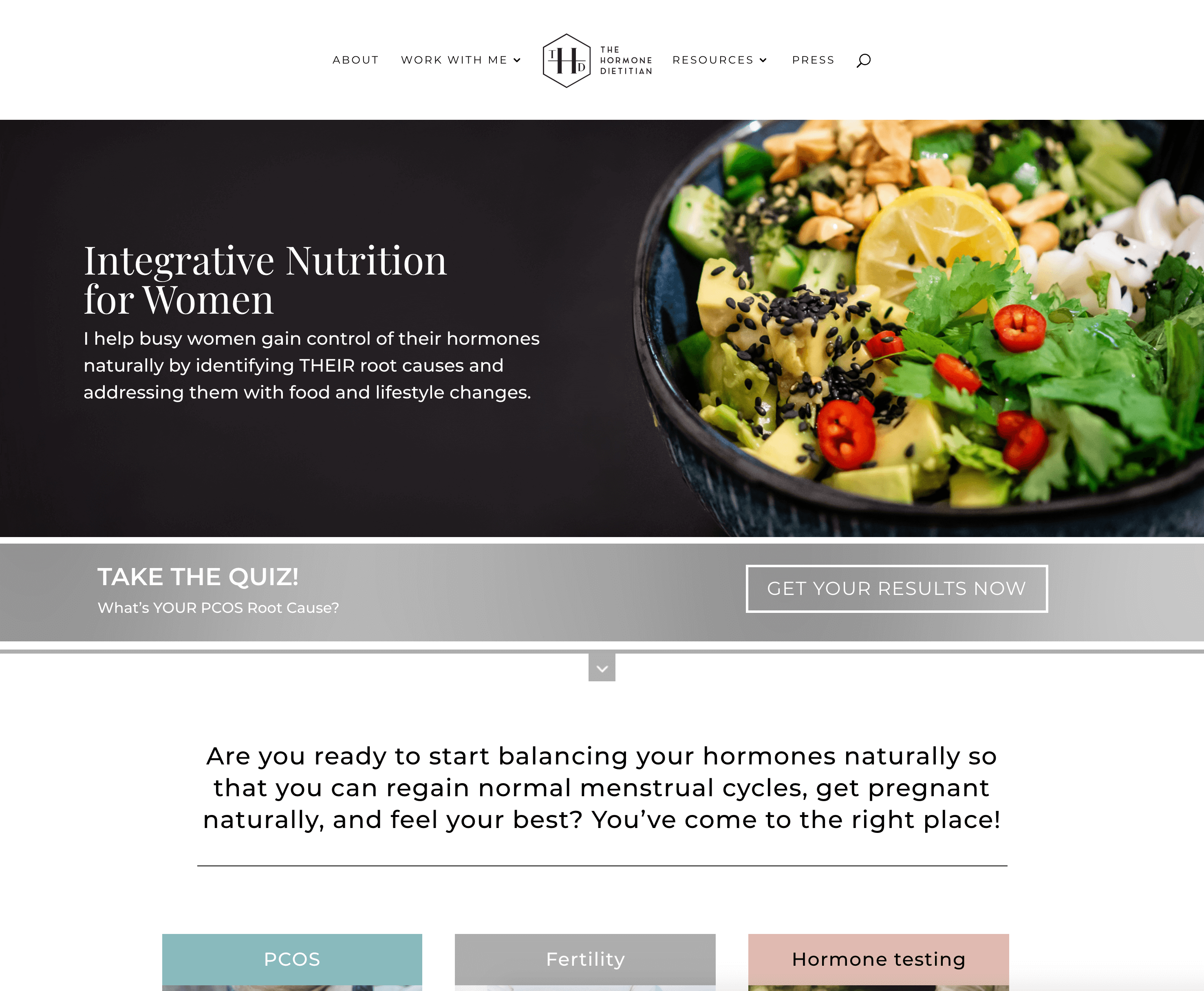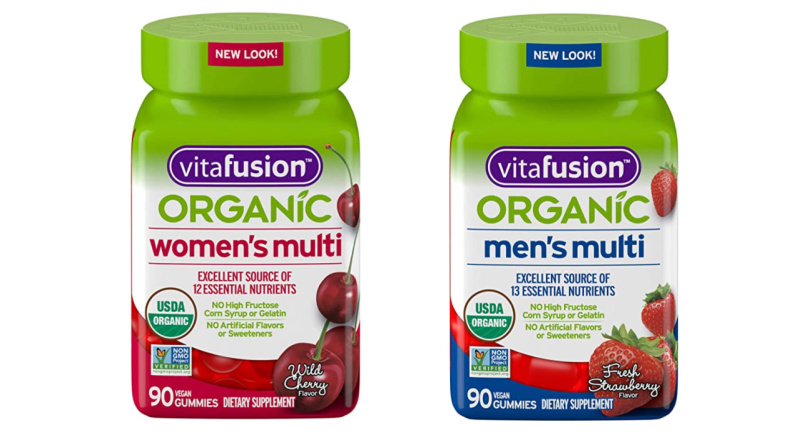
It doesn't matter if you are vegetarian or vegan, it is vital to eat enough nutrients. A balanced diet rich in vitamins and minerals can ensure that your teenager's growth and development is optimal.
Vitamin D is one of the most important nutrients that vegans are deficient in. It supports healthy immunity function and bone formation. Vitamin D is vital for healthy nerve function, cell healing, and overall health. Vegans can get vitamin A from milk, fortified plant-based dairy milks, and from fortified cereals. Vitamin D deficiency is more common for those with darker skin.
A good multivitamin can help a teen who is vegetarian obtain the vitamins and mineral he needs. Teenagers need protein to grow and maintain muscle mass. Dairy products and soy products are rich sources of calcium, vitamin D, and omega-3 oils. Vegan teens may also be able to take vitamin B12 tablets.

Vitamin C assists the body absorb iron. It is best to eat vitamin C-rich foods at least two times a day. You can also add orange juice or citrus fruits to your diet. Bell peppers, bell peppers, and broccoli all help with iron absorption.
Teenage girls are particularly at risk of iron deficiency when they start having menstrual periods. Blackstrap molasses (molasses), eggs, dark green leafy vegetables, and lentils are some of the best sources for iron. A supplement can help vegan teenagers get enough iron.
Multivitamins may also be of benefit to teenagers involved in sports. They are often at greater risk for vitamin deficiency, which can lead both to lower immunity and increased infection risk. A multivitamin can help them develop and maintain a healthy lifestyle.
Teenagers don't often eat enough fruits and vegetables to get all the vitamins they need. Teenagers who don't get enough calcium and vitamin D may have problems with bone formation and growth. To support healthy bones, a supplement with calcium or vitamin D can be taken by teens.

Teenagers who are vegan or vegetarian need vitamin B12 to help maintain healthy blood. Iron is also important as it aids red blood cells to transport oxygen. A vitamin B12 supplement is needed to get 25 mcg of vitamin B12 per day. Vitamin B12 is found naturally in animal foods. Vegans and vegetarians can obtain vitamin B12 through fortified foods such as fortified cereals and vegetarian meat substitutes.
Teenage girls must eat a variety food that helps them absorb iron. This includes dark green leafy plants, legumes and nuts. Foods that are rich in vitamin C, such as citrus fruits, broccoli, and cauliflower, can help iron absorption. Sunlight is another important factor. Teenagers might have trouble absorbing iron from plant foods. You may need to have a blood test done to check their iron levels.
Vitamin D, which is crucial for teen girls, is important. It helps promote healthy bones and muscles. It is vital for good immune function, hormone regulation, and proper immune function. Teenage girls who are obese are also at risk for vitamin D deficiency. Vitamin D supplements can be helpful for teens who don't get enough sun.
FAQ
How do I know what's good for me?
You need to listen to your body. When it comes to your body's needs for exercise, food, or rest, it is the best. Your body will tell you what to do so that you don't go overboard. Take care of yourself and listen to your body.
How to measure bodyfat?
The best way to measure body fat is with a Body Fat Analyzer. These devices are used for measuring the percentage of body fat in people who want to lose weight.
What is the problem of BMI?
BMI is the acronym for Body Mass Index. It measures body fat based upon height and weight. The following formula is used to calculate BMI:
Weight in kilograms divided with height in meters.
The result can be expressed in a number between 0 to 25. Scores of 18.5 and higher indicate overweight, while scores of 23 and higher indicate obesity.
A person with 100 kg will have a BMI 22 if they are 1.75m tall and weigh 100 kg.
What can be done to increase your immune system's effectiveness?
The human body consists of trillions of cells. These cells collaborate to form tissues and organs that perform specific functions. Another cell takes its place when a cell dies. Hormones, which are chemical signals that allow cells to communicate with one another, enable them to do so. Hormones regulate every bodily process, from growth and development to metabolism as well as immunity.
Hormones can be described as chemicals produced by glands in the body. They travel through blood stream and act as messengers that control the function of our bodies. Some hormones can be produced within the body while others can be made outside.
Hormone production begins when a hormone-producing gland releases its contents into the bloodstream. Once hormones are released, they move through the body to reach their target organ. In some cases, hormones remain active only for a short period of time. Other hormones remain active longer and still have an influence on the body's functioning long after they leave bloodstream.
Some hormones can only be produced in large quantities. Others are made in very small amounts.
Some hormones are made at specific times in your life. Estrogen, for example, is produced in puberty as well during pregnancy, menopause, old age, and after menopause. Women can get estrogen to build breasts, prevent osteoporosis, and keep their bones healthy. It promotes hair growth as well as keeping skin soft and smooth.
Statistics
- In both adults and children, the intake of free sugars should be reduced to less than 10% of total energy intake. (who.int)
- Extra virgin olive oil may benefit heart health, as people who consume it have a lower risk for dying from heart attacks and strokes according to some evidence (57Trusted Source (healthline.com)
- This article received 11 testimonials and 86% of readers who voted found it helpful, earning it our reader-approved status. (wikihow.com)
- WHO recommends reducing saturated fats to less than 10% of total energy intake; reducing trans-fats to less than 1% of total energy intake; and replacing both saturated fats and trans-fats to unsaturated fats. (who.int)
External Links
How To
How to stay motivated for healthy eating and exercise
Healthy living: Motivational tips
Motivational Tips for Staying Healthy
-
Write down your goals
-
Set realistic goals
-
Be consistent
-
Reward yourself when you achieve your goal
-
You don't have to give up if your attempts fail.
-
Have fun